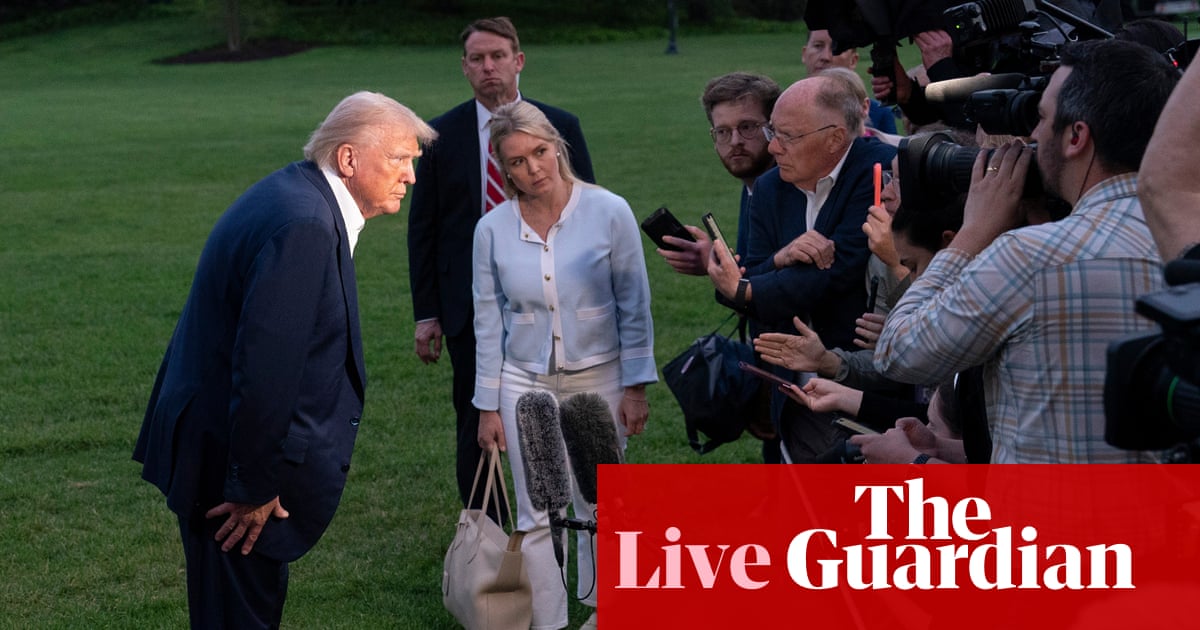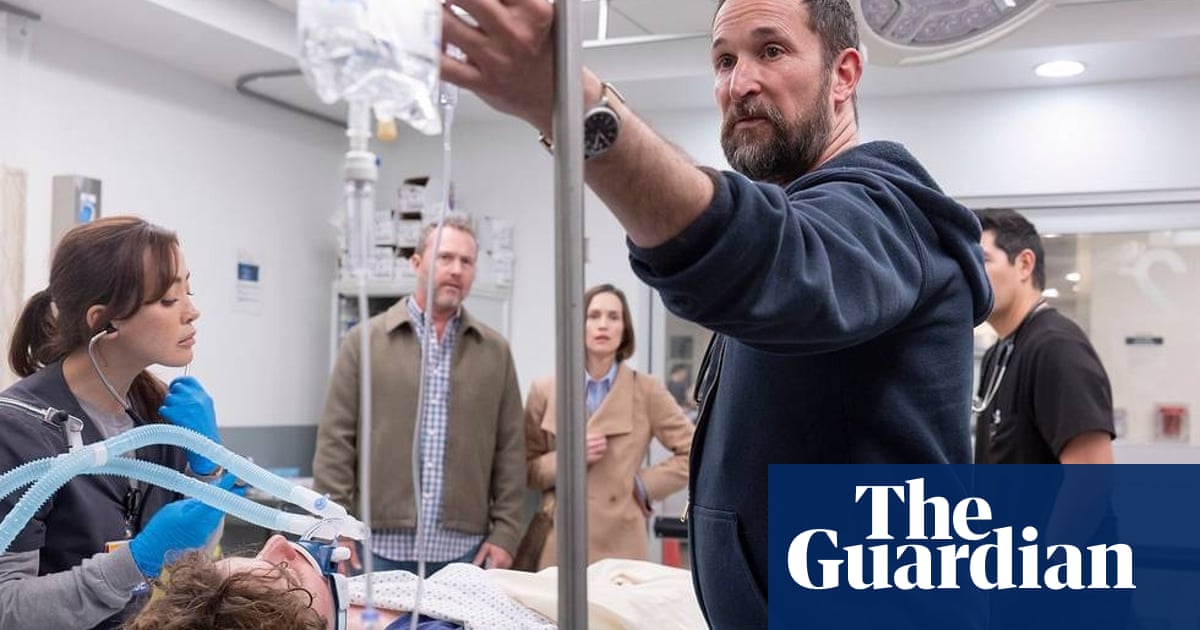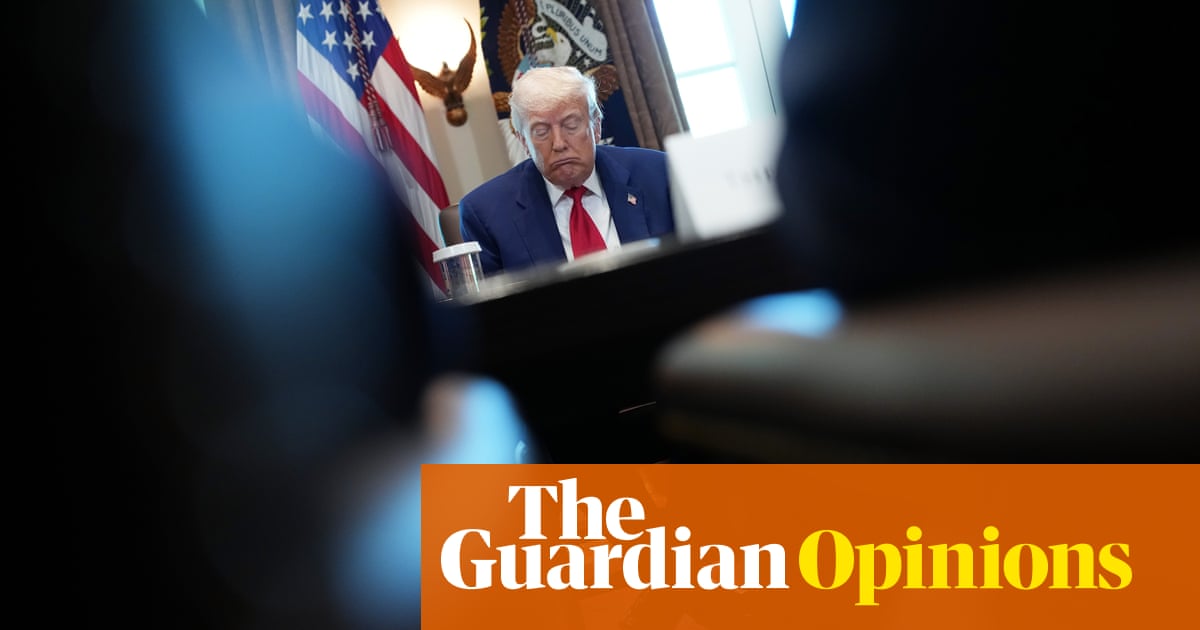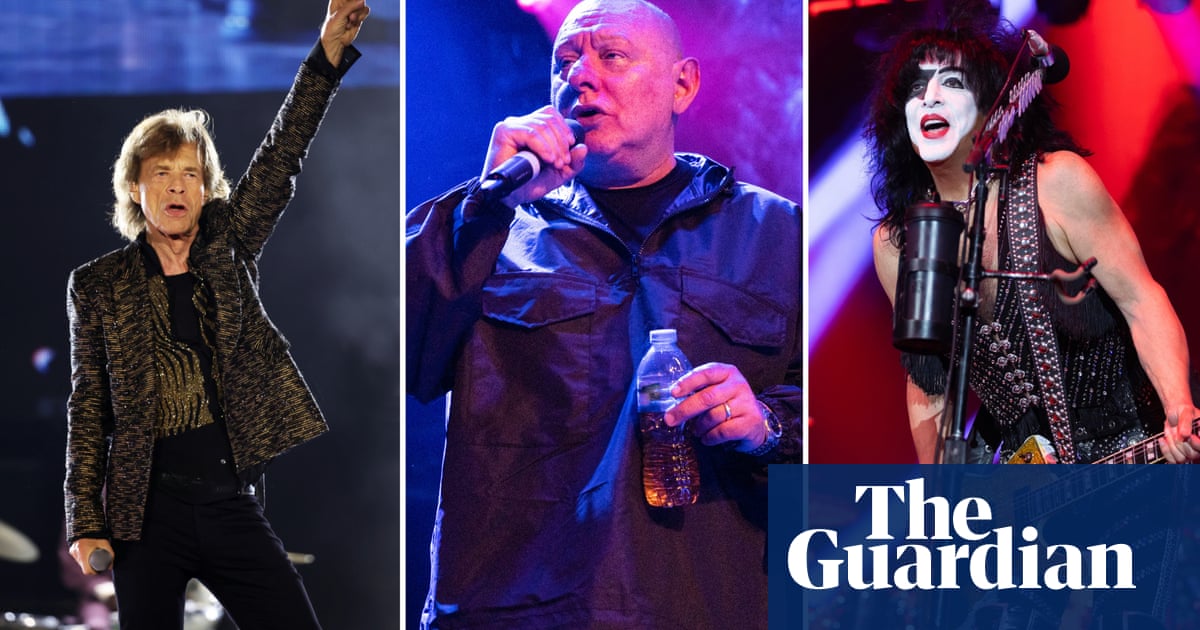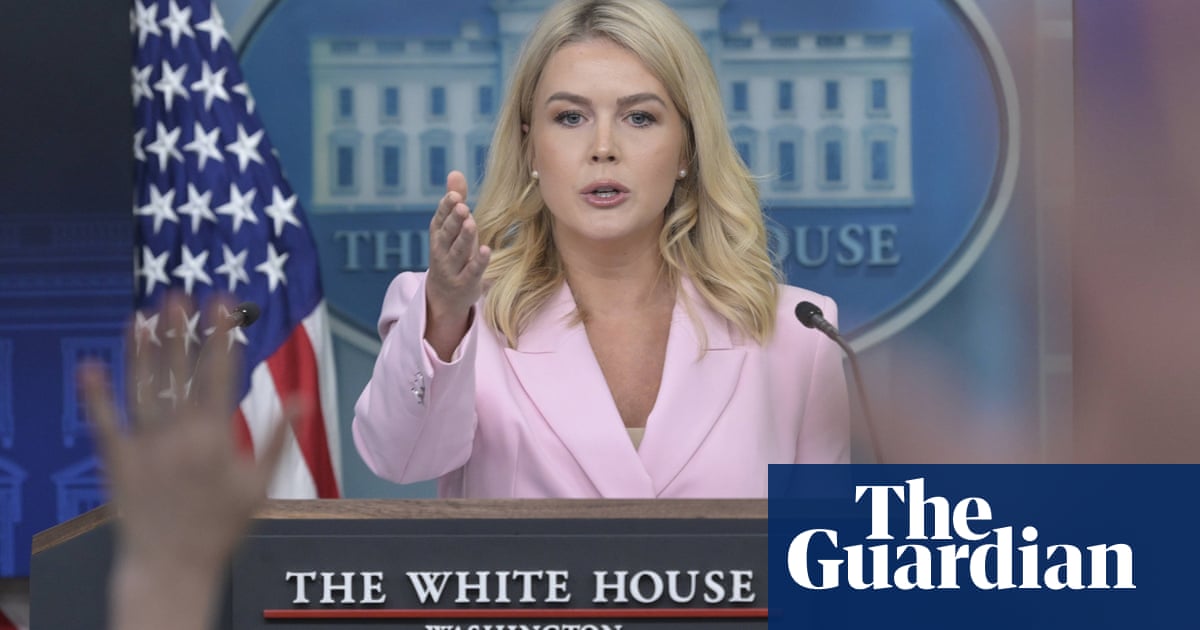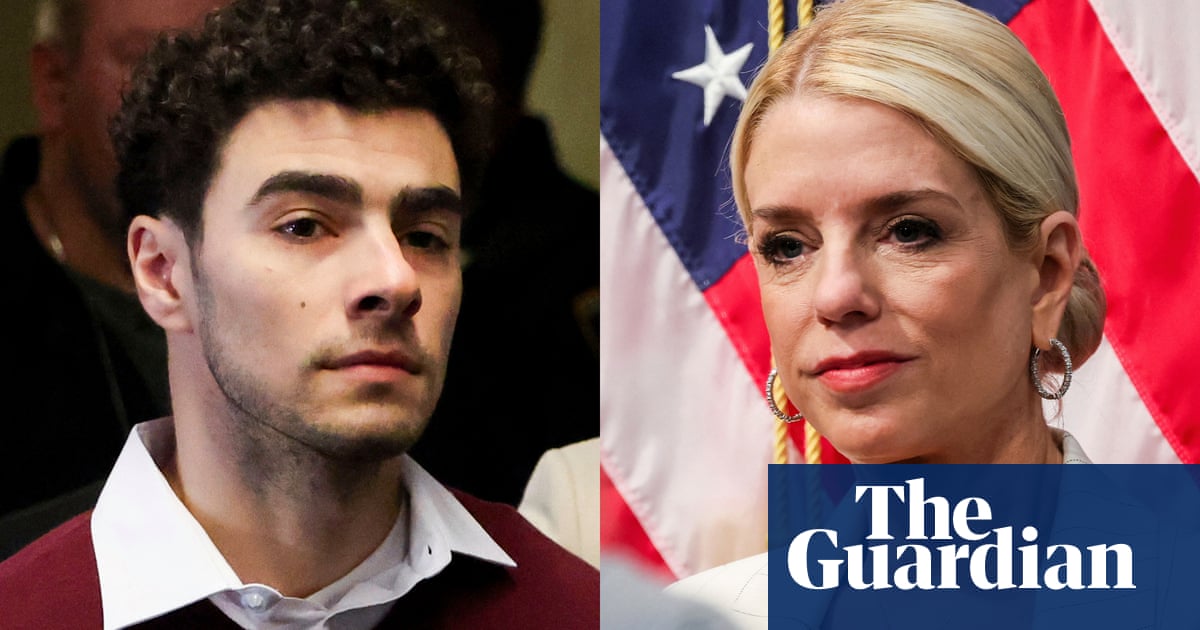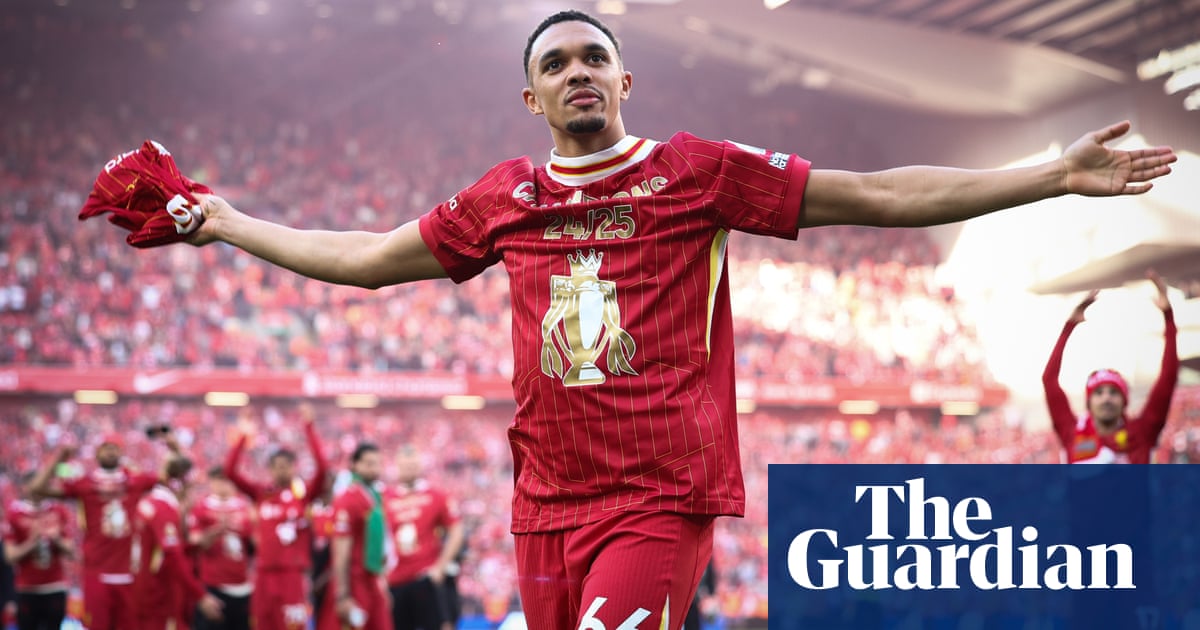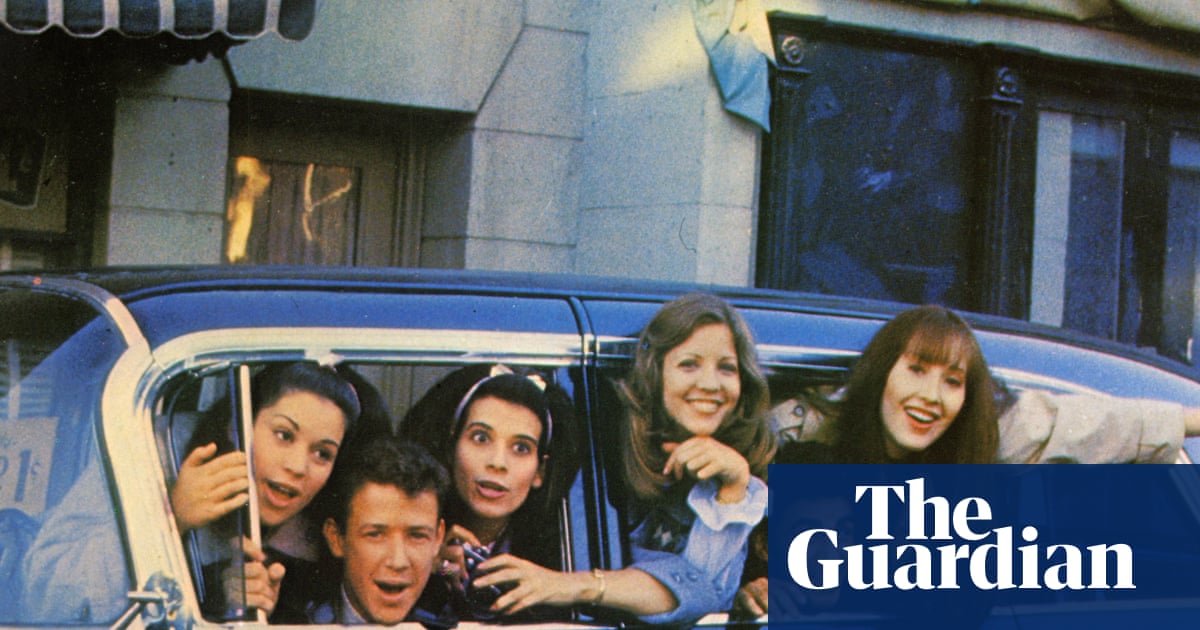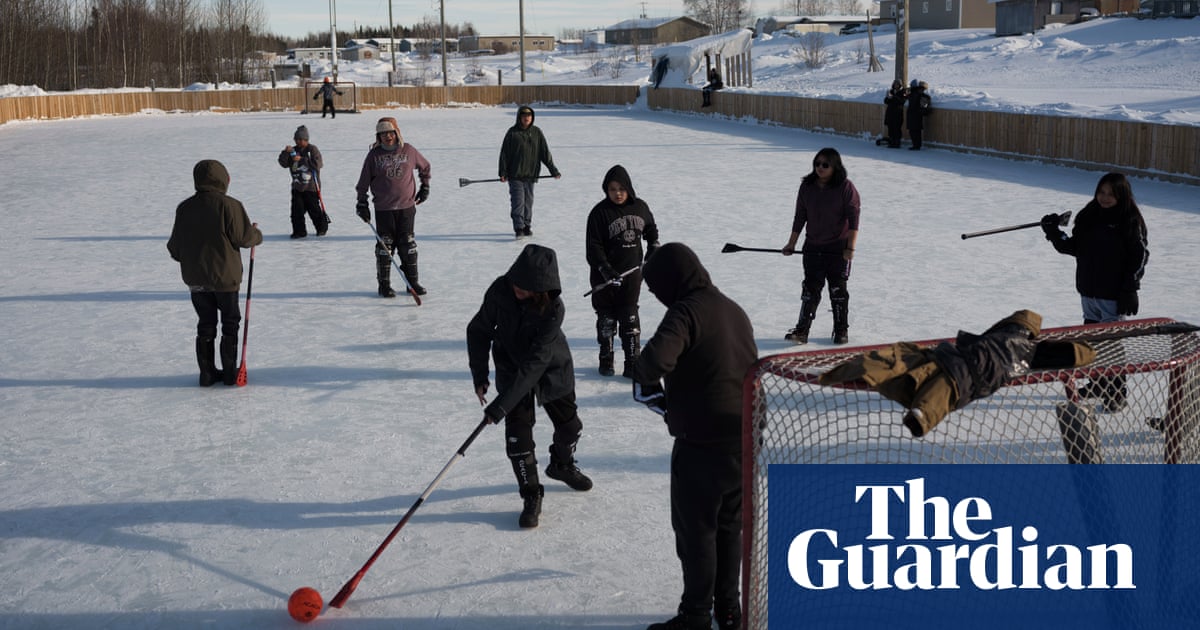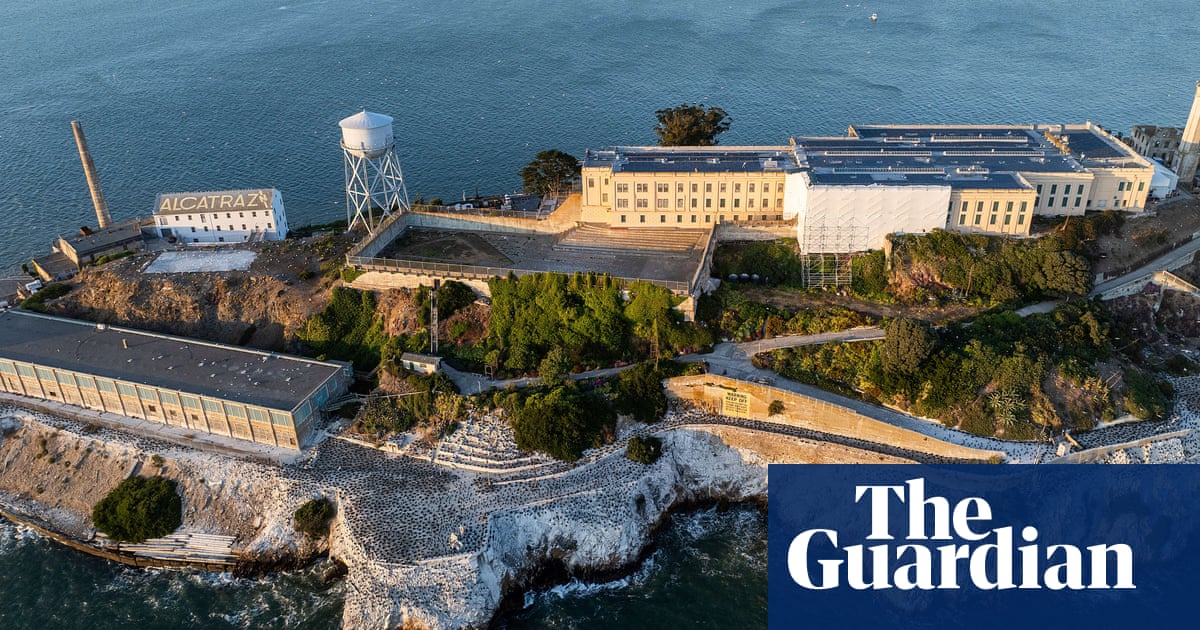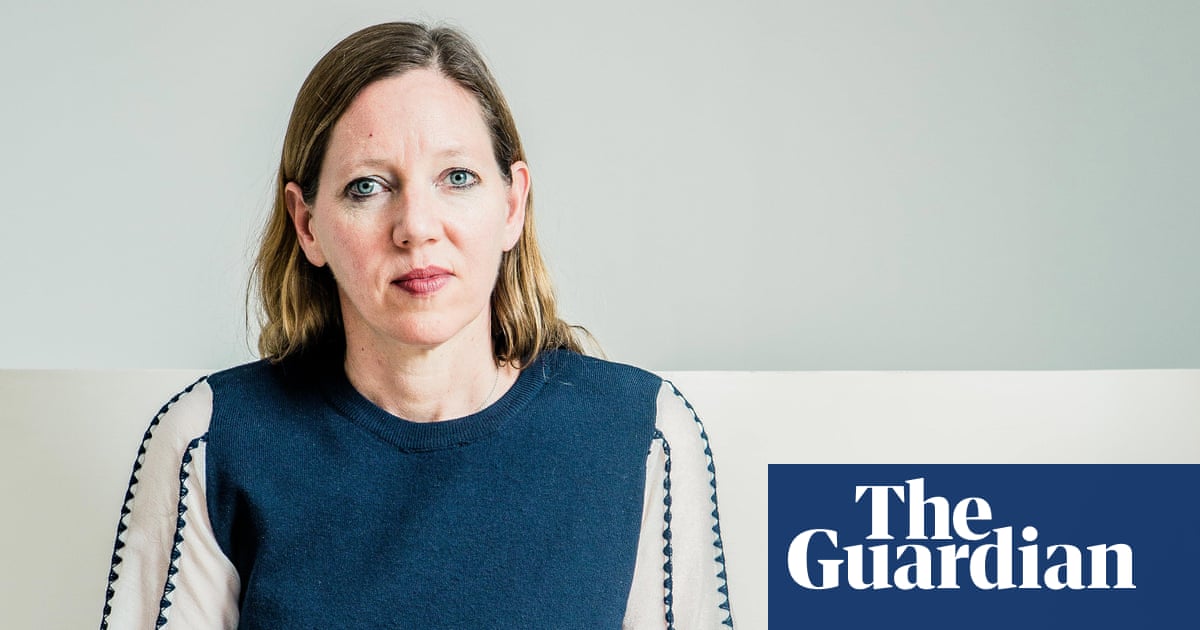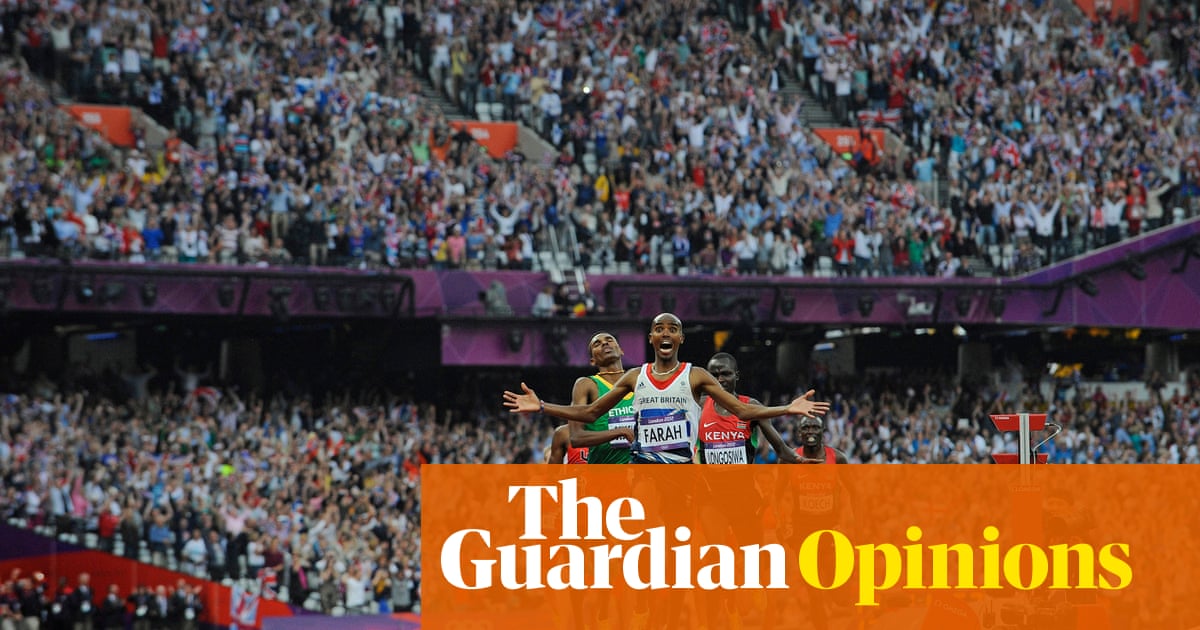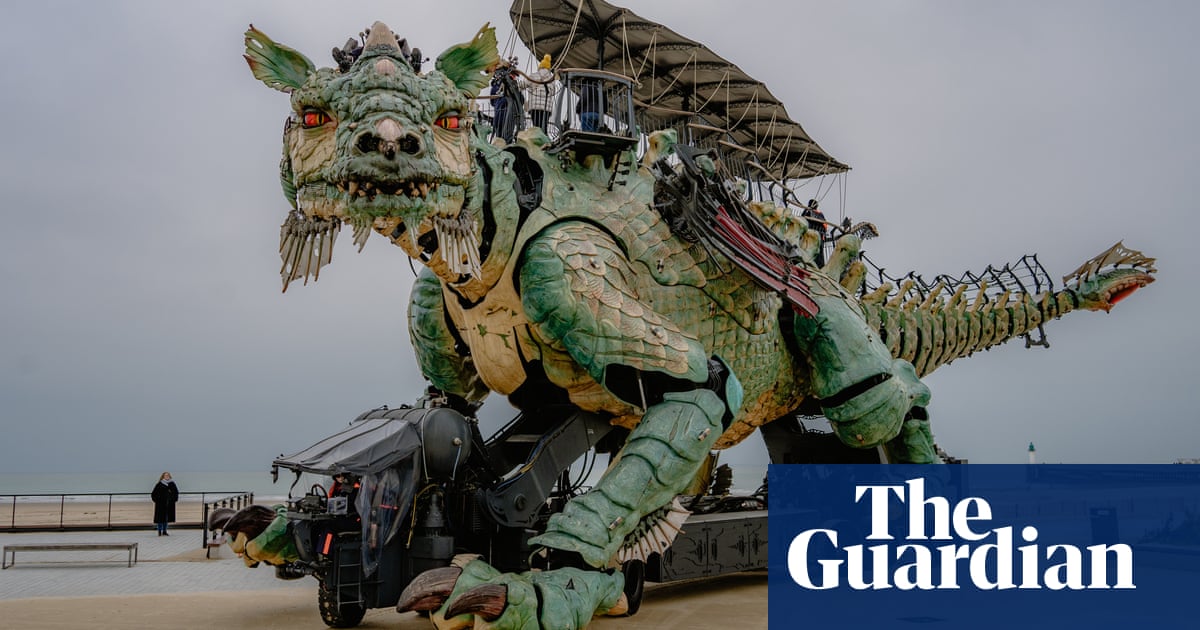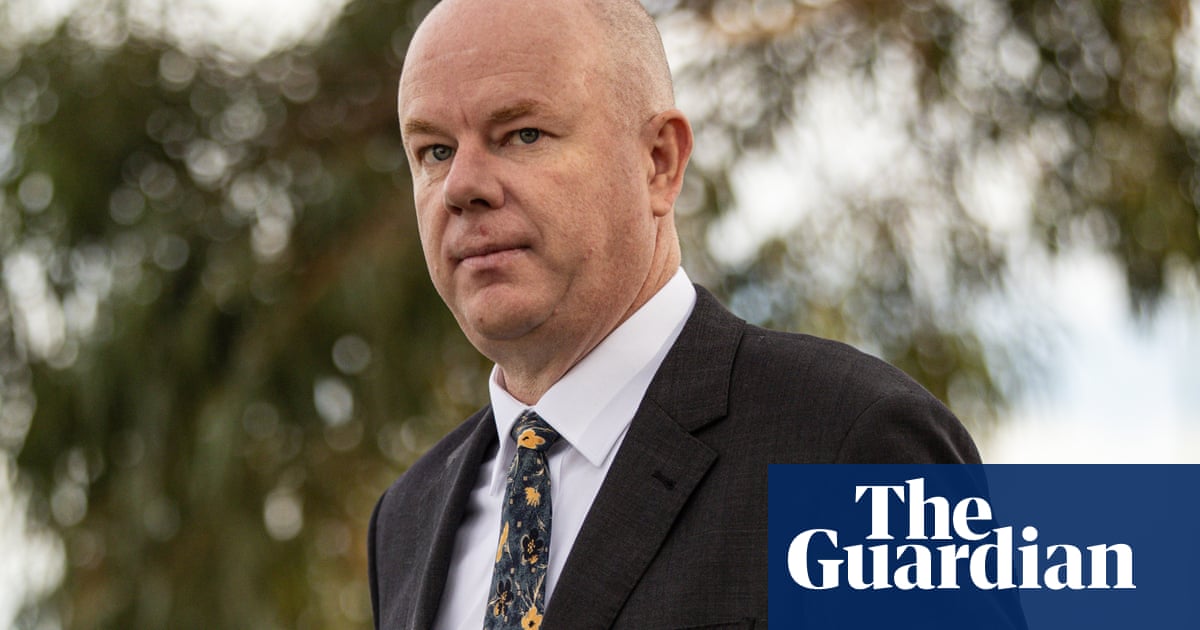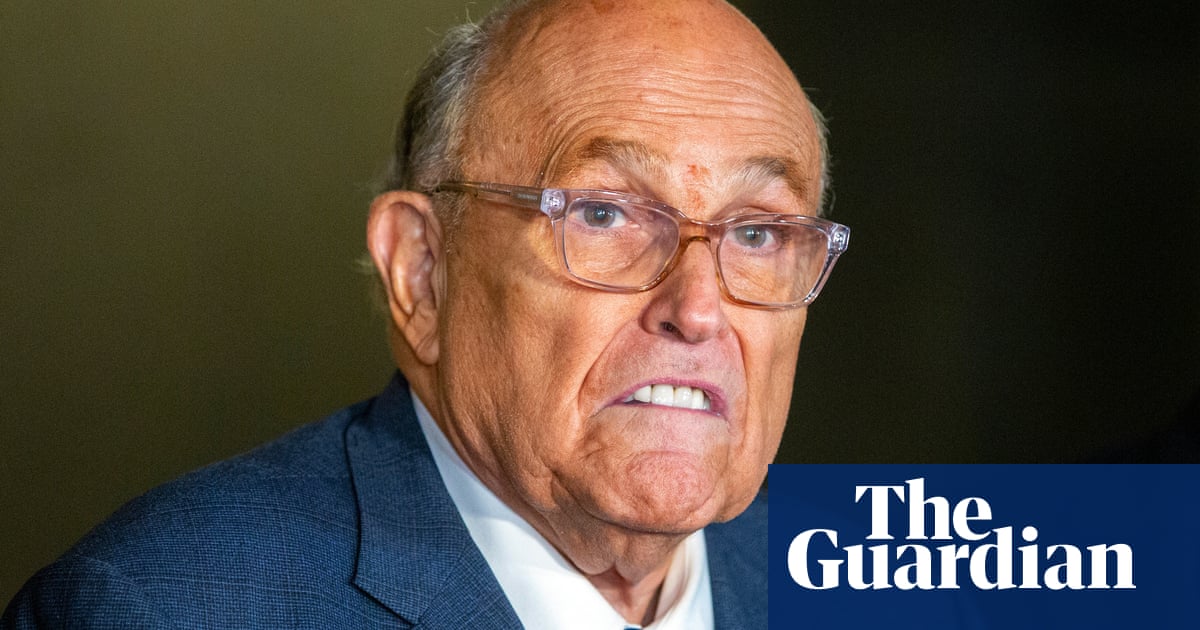The US defence secretary, Pete Hegseth, has said “everything is on the table” to bring peace in Ukraine and suggested reducing the number of American troop levels in Europe could even be part of any deal.
European leaders have been left reeling by a series of abrupt US moves since Wednesday over the Ukraine war and the continent’s security, which has been underpinned by the US since Nato was formed at the end of the second world war.
Speaking at the end of a Nato defence ministers meeting in Brussels, his first as Pentagon chief, Hegseth insisted the US had not already given too much away when he had said on Wednesday that Ukraine could not restore its pre-2014 borders – and instead emphasised the role of the US president in talks on the country’s future.
Hegseth said Donald Trump was “the perfect dealmaker at the table” who would not rule anything out in his efforts to try to end the near three-year full-scale war that began when Russia attacked Ukraine in February 2022.
“These negotiations are led by President Trump. Everything is on the table in his conversation with Vladimir Putin and [Volodymyr] Zelenskyy,” Hegseth told a press conference at the end of the meeting. “What he decides to allow and not allow is at the purview of the leader of the free world, of President Trump.”
On Wednesday Trump unexpectedly announced he had spoken to Putin for over an hour and would begin peace talks with Russia and Ukraine, while Hegseth ruled out Nato membership for Ukraine and the restoration of Crimea and other territories occupied by Moscow since 2014.
He had also told allies the US was no longer “primarily focused” on European security.
The Kremlin welcomed the developments on Ukraine, but the statements prompted a sharp push back from European politicians in public and private at the Nato meeting, who voiced concern that too much had been conceded by the US already and that Ukraine and Europe were at risk of being excluded from discussions.
Zelenskyy, Ukraine’s president, warned world leaders “against trusting Putin’s claims of readiness to end the war” and said Kyiv could not accept as an independent country “any agreements without us”. He said he had been told by Trump on Wednesday, after the US president had spoken to Putin, that he wanted to speak to the Russian and Ukrainian leaders at the same time.
But the Kremlin said Ukraine and Europe would be relegated to a parallel track in talks, and that Trump and Putin would meet in a few months, possibly in Saudi Arabia.
“There will be a bilateral Russian-American track of this dialogue, and a track that will be related to Ukraine’s involvement,” said Dmitry Peskov, the Kremlin spokesperson.
Hegseth was asked whether Europe should be prepared for the US to cut the 100,000 troop numbers it has deployed on the continent, and he appeared to link deployments to negotiations about Ukraine.
“We have not said in any way we are abandoning our allies in Europe. There have been no decisions on troop levels, but that’s a discussion to be had by the commander-in-chief in these high-stakes negotiations,” Hegseth said.
Russia did demand before the invasion in December 2021 that Nato cease all military activity in eastern Europe – and is still demanding that Ukraine cede further territory, reduce its army to a token level, and be prevented from joining the western military alliance in return for peace.
About a sixth of Ukraine’s territory is occupied by Russia, including Crimea, which was annexed by Moscow in 2014, and large parts of the east and south that were mostly seized after the full-scale invasion in 2022. Kyiv’s leaders have signalled it may be willing to negotiate over territory, but Ukraine and its allies were formally committed to trying to restore its internationally recognised, pre-2014 borders.
Those present at the Nato talks said Hegseth had come under pressure on Thursday from “a chorus of voices” to ensure Ukraine was properly represented in the peace discussions – while a day earlier at a Ukraine-related meeting he was told not to halt all US military aid to Ukraine.
John Healey, the UK defence secretary, said Hegseth, a Fox News commentator handpicked by Trump, had sought to reassure allies that some degree of military aid would continue. “We know who the good guys are and who the bad guys are,” Hegseth said behind closed doors, according to Healey.
The Kremlin also said it was impressed by the US positioning now that Trump had taken over the White House and that it believed there was “political will” on both sides to reach a negotiated settlement that was absent under Joe Biden.
“The previous US administration held the view that everything needed to be done to keep the war going. The current administration, as far as we understand, adheres to the point of view that everything must be done to stop the war and for peace to prevail,” Peskov said.
The EU foreign policy chief, Kaja Kallas, said Ukraine and Europe needed to be part of the peace discussions. “Any deal behind our backs will not work,” she said, and warned that too much had been conceded in public by the US.
“Why are we giving them [Russia] everything that they want even before the negotiations have been started?” Kallas, a former Estonian prime minister said. “It’s appeasement. It has never worked.”
The German defence minister, Boris Pistorius, also complained that too much had been given away. “In my view it would have been better to speak about a possible Nato membership for Ukraine or possible losses of territory at the negotiating table,” Pistorius said.
The Nato secretary general, Mark Rutte, a former Dutch prime minister adept at smoothing over differences between Europe and Washington, said it was important that Moscow understood the west remained united, noting that Ukraine had never been promised that a peace deal would include Nato membership.
The German chancellor, Olaf Scholz, speaking in Berlin, said he believed the Ukraine war must end but forcing a deal on Kyiv would not bring a lasting peace. He said that while he supported Trump talking to Putin – and had done so himself in the past – the goal of such conversations was to make clear to the Russian leader “our expectations of a just peace in Ukraine and a return to a European security order in which borders cannot be changed by force”.
He also rejected “any solution which would lead to an uncoupling of European and American security”, saying that “only one person would profit from this – President Putin”.
Closing the Nato meeting, Hegseth said he was committed to “make Nato great again” by demanding that other member countries lift their defence spending to 5% of GDP – which would require dramatic increases. UK defence spending would have to more than double from its existing 2.33%.
“The peace dividend has to end,” Hegseth said, though he refused to say if the US would increase its own defence spending from 3.4% of GDP. “3.4 per cent is a very robust investment,” Hegseth said, but added: “Ultimately we have our own budgetary considerations.”

 2 months ago
46
2 months ago
46
